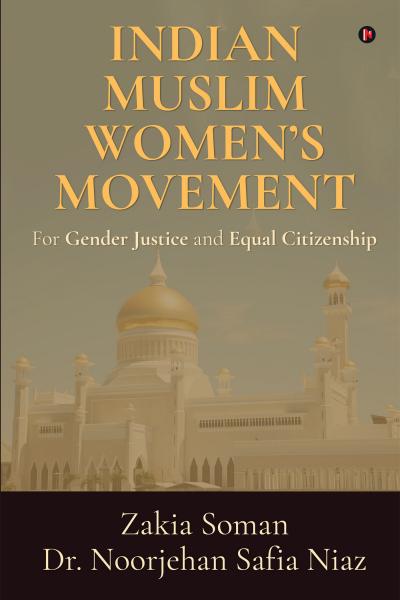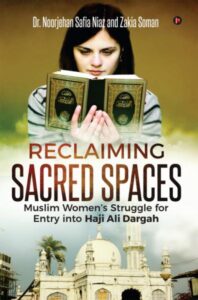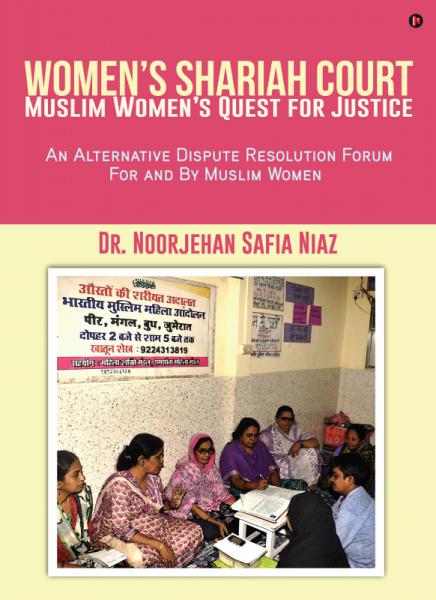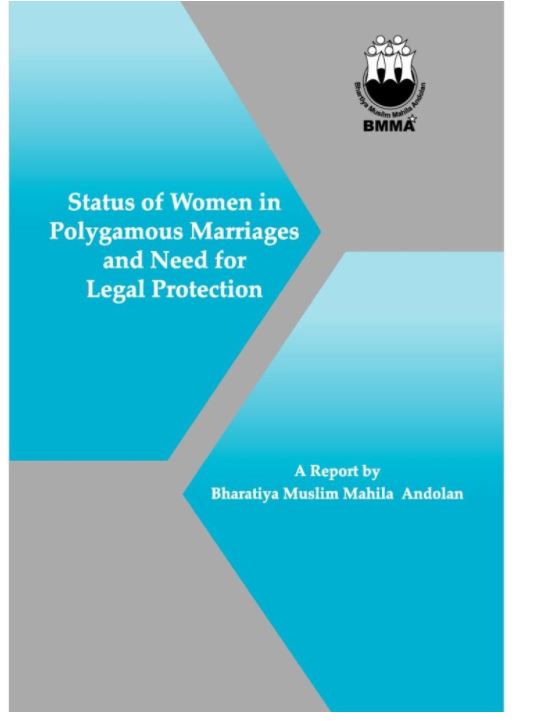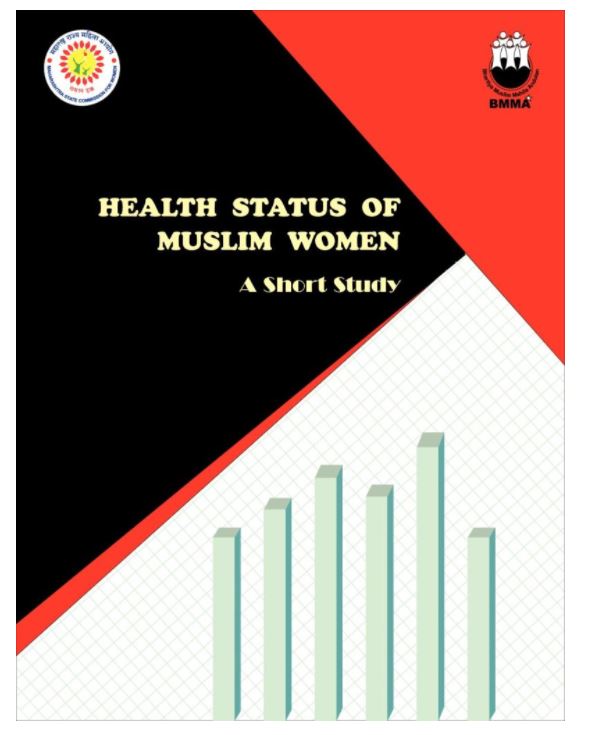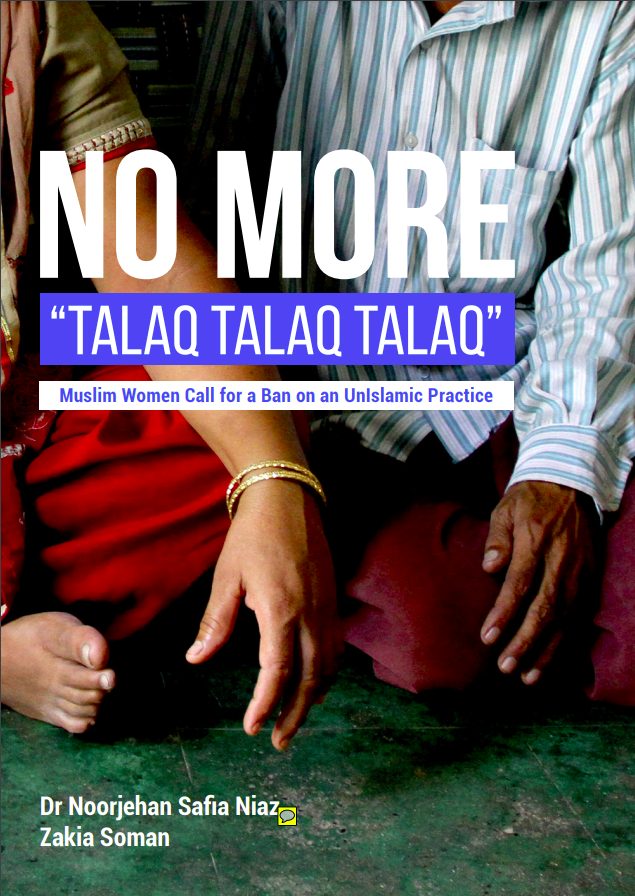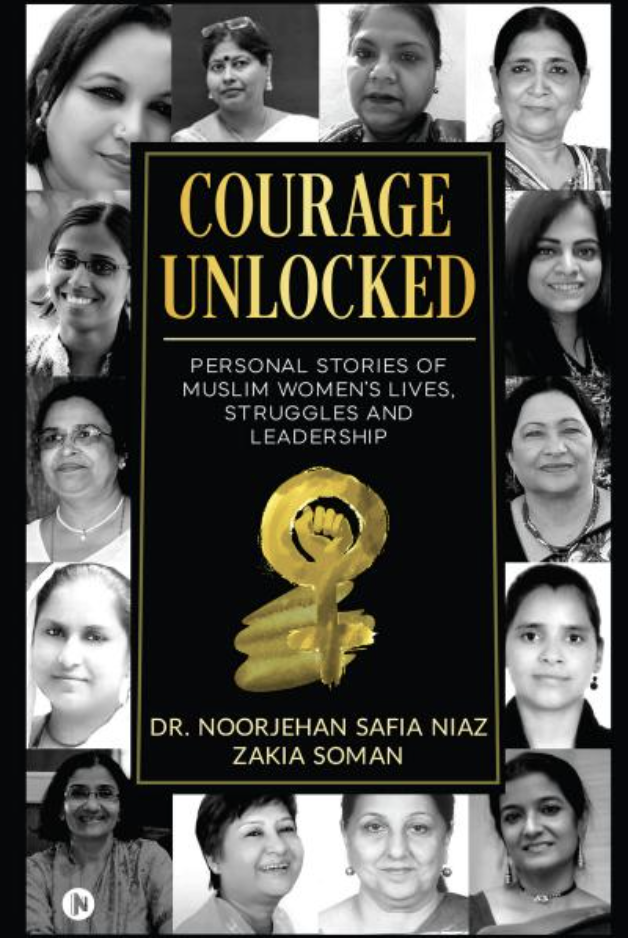Publications
Publications
Here are a few of our publications that you can have a look at...
Muslim Women’s Struggle for Entry into Haji Ali Dargah
An Alternative Dispute Resolution Forum For and By Muslim Women
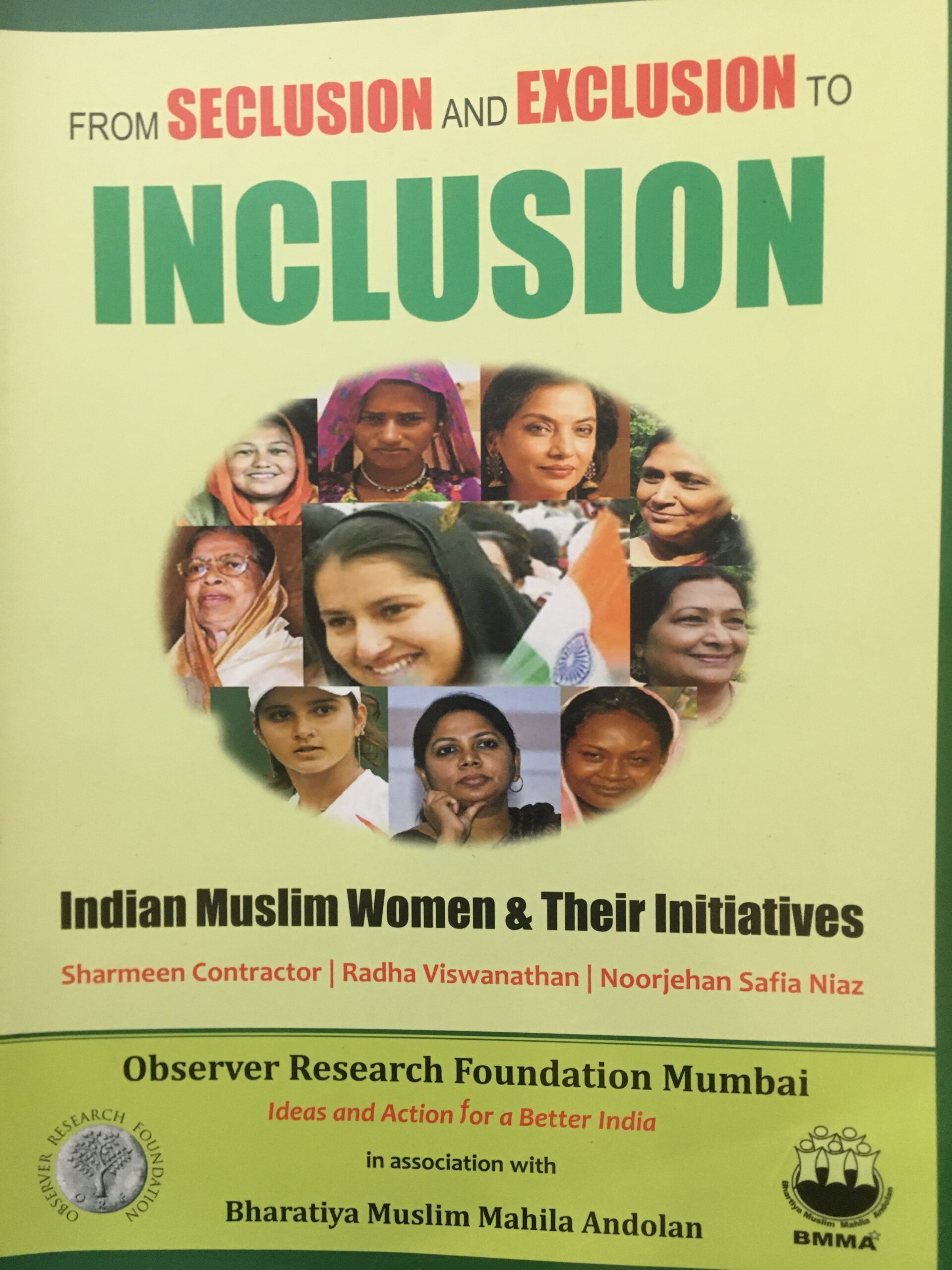
From Seclusion And Exclusion To Inclusion
Indian Muslim Women & Their Initiatives
BMMA and ORF jointly carried out this study. It was originally published in English and an abridged version was also published in Hindi and Urdu.

Moklya Shwashacha Shodhat
A study on status of Muslim Women in Mumbai
We can ignore that at our own peril because if issues don’t get identified and acknowledged, then they don’t get worked upon. This book offers nothing new but it is important to reiterate time and again that we have an 80 million population of Muslim women that is deprived in all senses. No country can develop with such a backlog. This book in Marathi is an eye opener to the problems as well as possibilities for change.
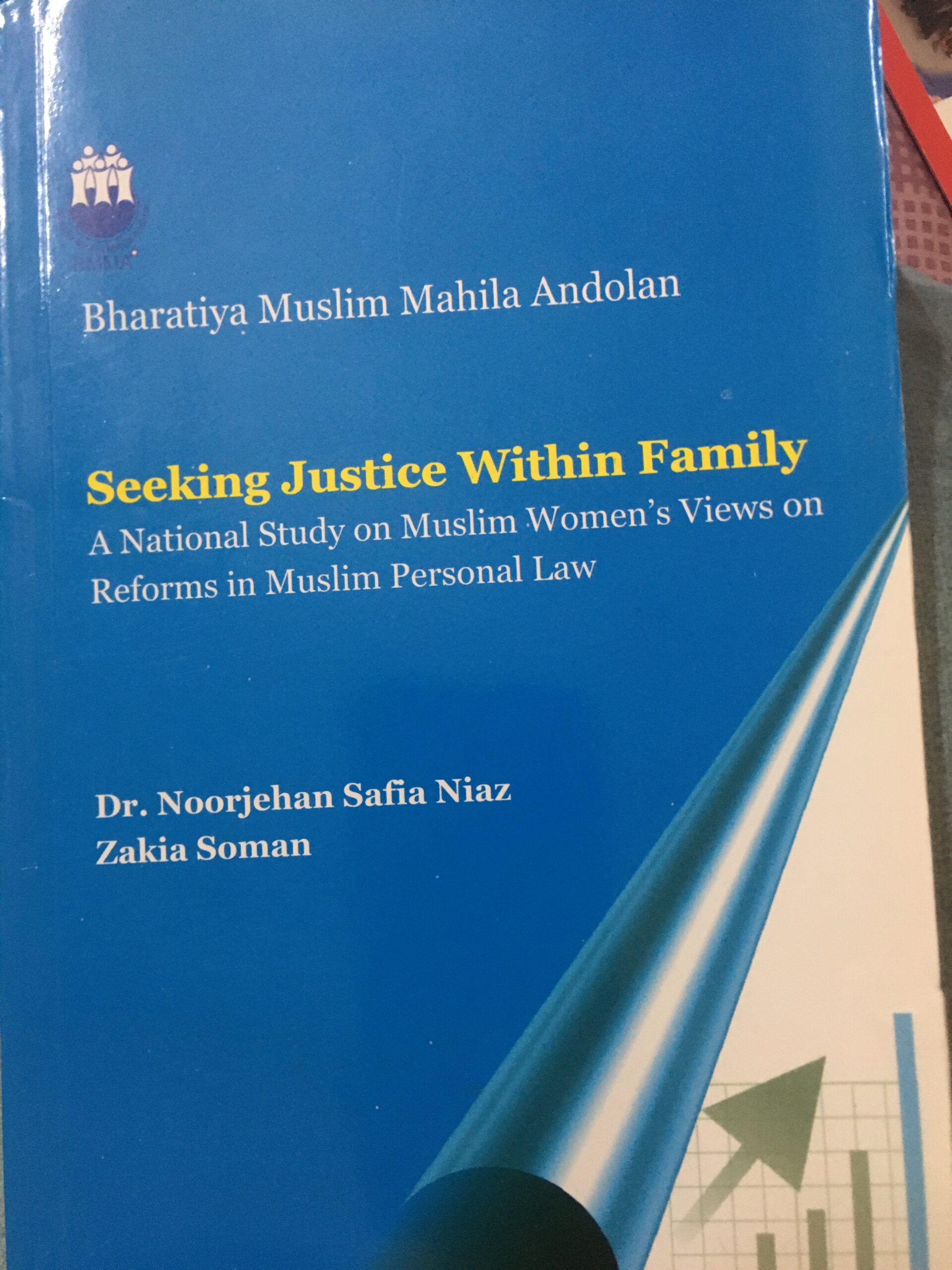
Seeking Justice Within Family
Muslim Women’s Views on Muslim Personal Law
Muslim Women Call for a Ban on an UnIslamic Practice
This study comprises 100 case studies of victims of triple divorce. These victims shared their stories of how they were divorced unilaterally. Women from Maharashtra, West Bengal, Rajasthan, Tamil Nadu, Madhya Pradesh, Odisha, Karnataka, Tamil Nadu came forward to share. This book went on to play a crucial role in the abolition of the practice of triple divorce.
Muslim women have been at the receiving end of this practice for decades now. The book has a deeper look into their lives to see how this practice has ruined their life and the life of the children. Instant divorce ruins the social, economical life of the family immediately. She is made to leave her home and become a destitute or become dependent on her parents. The children face the trauma of a broken home. Not to forget the psychological impact of instant divorce on the woman herself.
This study too played a crucial role in advocating for triple divorce legislation. It brought forth not just the legal angle but the human angle to the stories of victims of this practice.
Personal Stories of Muslim Women’s Lives, Struggles and Leadership
This book happened in the midst of the pandemic when each of the BMMA leaders were involved in relief work to the most poor and distressed families, not just Muslims but all those who needed it. They showed exemplary confidence, fearlessness and deep passion to serve people.
This is a qualitative study of 14 Muslim women in India. A lot has been written about Indian Muslim women as victims of her circumstances, of her religion and culture and of patriarchy. But not much has been written about Indian Muslim women’s leadership, her contribution and her achievements; especially of the last decade. And especially of those Muslim women who come from very humble and poor backgrounds. As they fought patriarchy on a daily basis, they also created their own voice and agency for facilitating transformation in the lives of fellow women. This study uses her language and her experiences to present herself to the world.
Each leader presented here is completely intertwined with the community; she is the community, and she speaks not just as a woman but also as a Muslim woman, about her experiences, perspectives, worldview, of herself and the world around her.
These are Muslim women’s personal stories of leadership in their private and public realm. These narrations have been left out by more historical documents. Even the present-day reporting is all about her being a victim of the system and its patriarchal practices; the way all along Shahbanu was depicted. Whereas, in reality Shahbanu actually challenged her discrimination in the court of law and the case went right up to the Supreme Court of the country and yet she is a victim! And the historical records and documented stories have not given as much attention to Shehnaaz Sheikh who also approached the Supreme Court to challenge the discriminatory practices within the Muslim family law. We are happy to have Shehnaaz Shaikh write a short summary of her struggles and challenges in this book.
